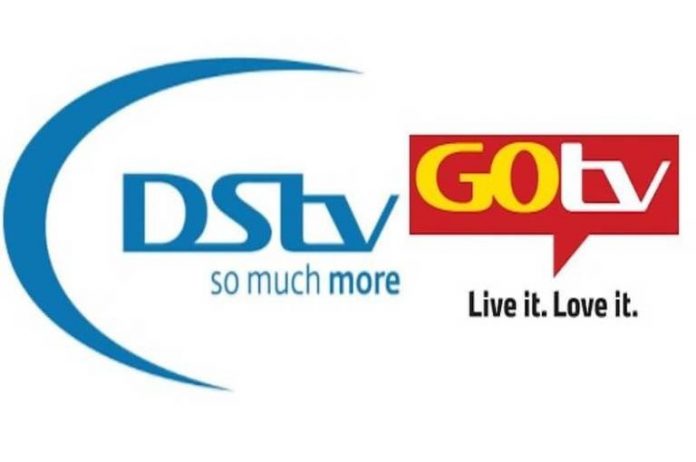The Minister of Innovation, Science and Technology, Uche Nnaji, on Tuesday, said the Federal Government has been exploring measures to curb the growing exploitation of satellite technologies, lamenting that Starlink, DSTV, and a few other service providers pay ‘peanuts’ to operate in Nigeria.
According to him, some foreign investors have been known to find a way to bypass the system and deprive the government of its mandatory revenues.
The minister made the revelation at a stakeholders’ Workshop on Space Regulation organised by the National Space Research and Development Agency in Abuja.
The event was also used to unveil the agency’s new logo.
Addressing the gathering, Nnaji noted that if the regulation of space is properly handled, it would not only boost revenue, it will also whittle down the growing activities of pipeline vandals, insurgents and criminal groups.
He said, “In the near future, we will move from the $ 1 trillion economy to $ 5 trillion. So with this space regulation and licensing. Starlink and most of them, including DSTV will come here, some will pay peanuts and shortchange Nigerians. These are part of what we want to address through this space regulation and license.
“You can be sure that yearly, if we are going by what my capacity DG of NASRDA has said, we will be looking at over N200 billion annually, with annual increment of 18-20 per cent. This is just one of the initiatives coming out of the agency.”
Continuing, Nnaji said the era of satellite pay-tv or radio losing signal when it is raining will soon be a thing of the past.
The minister said they have discovered some service providers are not operating on the right bandwidths hence the loss of signal when there is a change in weather.
“All these challenges of your TV or radio not working or losing signal whenever it is raining are because the DSTV and the likes are not hosting their equipment at the right bandwidth. They will host it at the lower bandwidth, where they will not spend money on the higher bandwidth.
“But with the regulation, we will force them to move it up to where it’s supposed to be. Because if you move it up to where it’s supposed to be, you won’t have any of those problems of losing signal as soon as it starts raining. So this is part of the many reforms that are going on under this very capable man, Dr. Olumide Adepoju.
“There is also an approval again from the President on mainstreaming of space technology in revenue generation. This is because we know that in the oil sector where we waste a lot of money talking about giving some people a push and contracts to monitor our pipeline, we will achieve it with next to nothing using space,” he said.
Earlier in his speech, the Director-General of NASRDA, Dr Matthew Adepoju explained that the need for space regulation in Nigeria is necessary because the industry has witnessed exponential growth in recent years.
Adepoju also praised President Bola Tinubu and the minister for making it a reality.
He said, “The increasing numbers of satellite and other space-based assets is transforming how we communicate, how we conduct business, and the way we should secure our national interest. We must ensure that space activities within our jurisdiction are properly regulated, commercially optimized, and in compliance with international best practices.
“The role of NARSDA, under the Federal Ministry of Innovation, Science and Technology, is therefore critical in ensuring that all space activities within and above Nigerian territory are properly licensed, monitored, and controlled from upstream to mainstream and downstream space sector.
“In addition, this will encourage investment in the Nigerian space industry. It will also ensure quality service delivery to Nigerians and facilitate revenue generation for national development. The goal of this engagement is not just enforcement, but collaboration to serve Nigeria better.”






